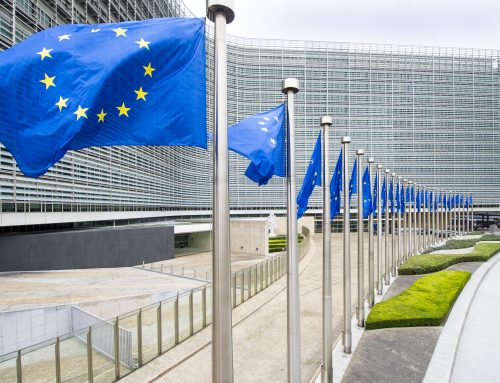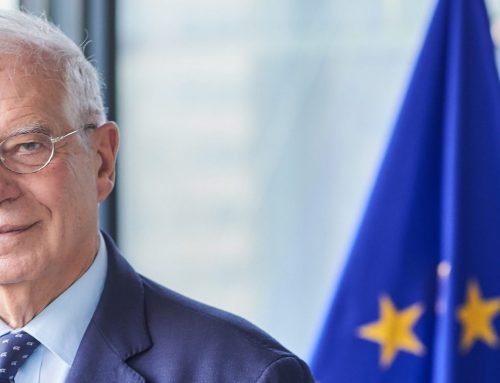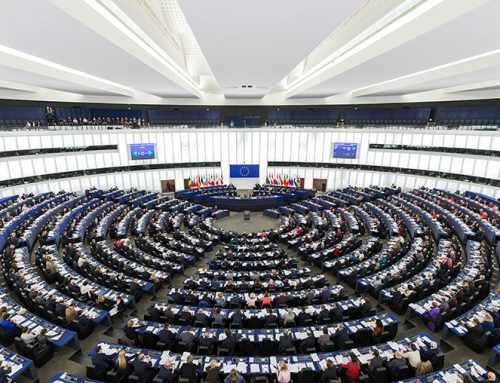Good morning, Zǎoshang hǎo,
Fully supporting President Juncker’s comments and assesments, I want to briefly touch upon three additional topics that the European Union will address during this G20 summit.
First, the migration and refugee crisis, which is a global challenge that requires global solutions based on order, responsibility and solidarity. In light of an unprecedented number of 65 million displaced people all over the world, the G20 community needs to scale up its share of responsibility. Only global efforts supporting refugees and their host communities will be able to bear fruit. That is why we want to encourage our partners to increase humanitarian and development aid, as well as refugee resettlement. We need to address the root causes that force millions of people to leave their homes and seek shelter elsewhere. The G20 has the expertise to make practical contributions through trade, development cooperation and refugees’ access to education and labour market, and it must make use of it. We will urge the G20 to seize the opportunity of the forthcoming summits on refugees and migrants hosted by the UN and President Obama to increase aid and resettlements by countries outside Europe. It is even more important in view of the fact that the practical capabilities of Europe to host new waves of refugees, not to mention irregular economic migrants, are close to the limits.
Second, terrorism. Terrorist attacks are a threat to all our countries. A comprehensive approach against terrorism must involve actions to counter extremism and radicalization. This also includes a financial dimension. The G20 has already taken important steps to tackle terrorism-financing networks and to improve cooperation on the exchanges of information, freezing assets and on criminalization of terrorism-financing. We need to advance our work at G20 further in order to address this challenge that no country can handle on its own.
Third, climate change. The G20 has an important role to play in this global struggle. With major emitters around the table we need to make sure that our common priority is to implement the Paris agreement early and in a robust manner. The EU is fully committed to this goal and we want to encourage all G20 members to do the same. We are also happy that the United States and China, the two biggest global emitters, ratified the agreement. Before Paris, Europe was rather alone with our climate change policy. The ratification by the US and China is for us a hope that we will no longer be alone. Europe has had a comprehensive climate change policy in place already for years. Right now we are developing the laws which will allow us to deliver our ambitious target for 2030. We expect the challenge of climate change to be dealt with in all seriousness by the G20 partners. In the meantime, the ratification process is under way in the EU and will be completed as soon as possible.
Finally, let me say that there could not be a more dynamic place in the whole of China than Hangzhou to inspire our discussion on how to reinforce global cooperation. The European Union welcomes China’s Presidency of the G20 this year and we look forward to having a successful summit in Hangzhou. Thank you.




